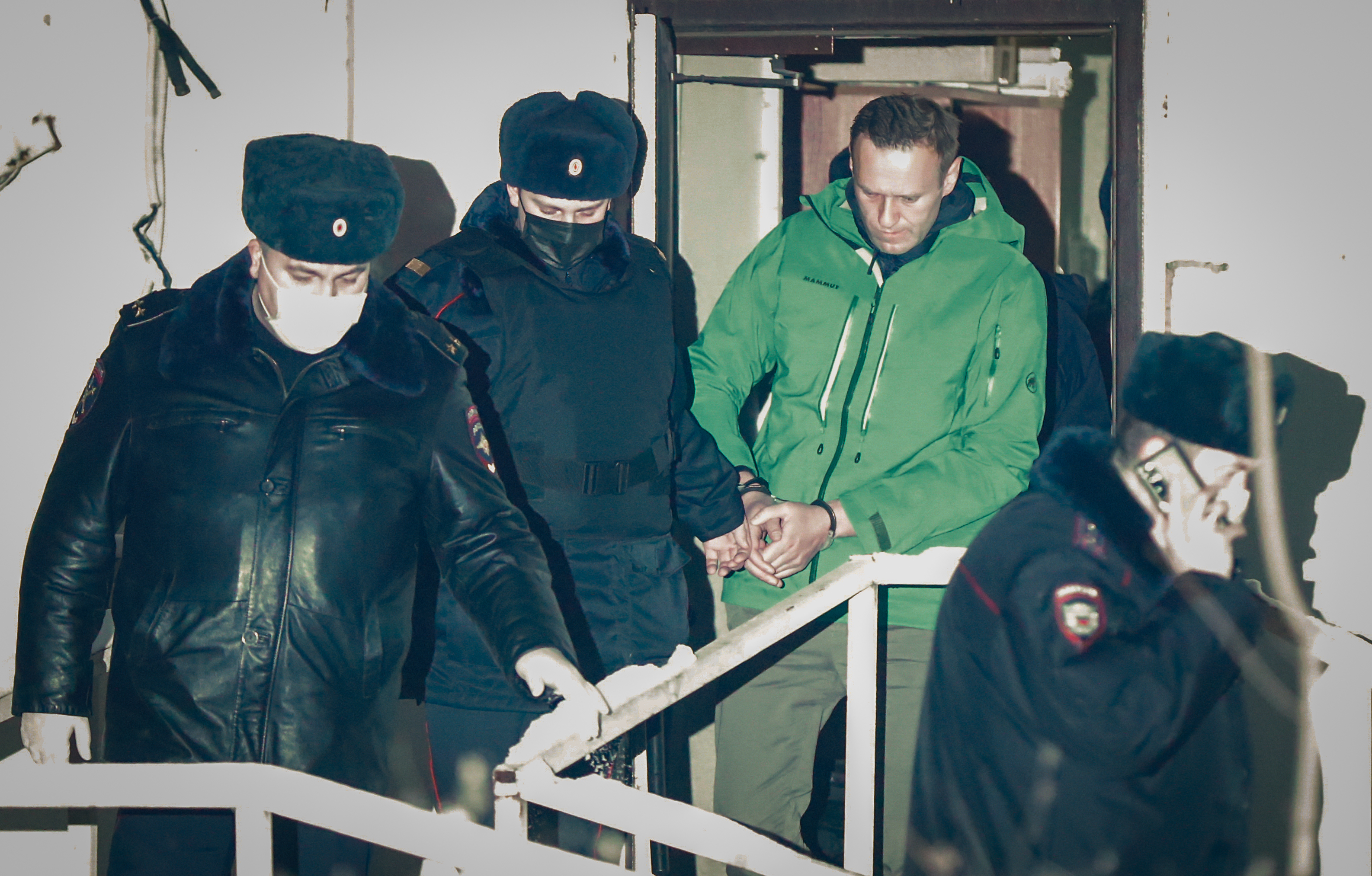Alexei Navalny, by far Russia's most famous opposition leader, rose to prominence more than a decade ago by lampooning the elite class around President Vladimir Putin and voicing allegations of corruption on a vast scale.
The Federal Penitentiary Service of the Yamalo-Nenets Autonomous District said in a statement that Navalny "felt unwell" after a walk at the IK-3 penal colony in Kharp, about 1,900 km (1,200 miles) north east of Moscow. He was 47.
Navalny, the prison service said, had lost consciousness almost immediately.
Read from Daily Maverick archives, Navalny in his own words: My fear and loathing inside a Russian Prison.
"The medical staff of the institution arrived immediately, and an ambulance team was called," the prison service said.
"All necessary resuscitation measures were carried out, which did not yield positive results. Doctors of the ambulance stated the death of the convict."
"The causes of death are being established."
Putin has been told about Navalny's death, Kremlin spokesman Dmitry Peskov said. Putin, who is running for re-election in a month, was shown on a television clip visiting a factory in the Urals.
Supporters of Navalny said they could not confirm he was dead, but that if he was then they believed he had been killed.
"Russian authorities publish a confession that they killed Alexei Navalny in prison," Navalny aide Leonid Volkov wrote on social media. "We do not have any way to confirm it or to prove this isn’t true."
Condemnation quickly poured in from Western governments.
"Dreadful news about Alexei Navalny... If the report about his death in Russian prison is true it represents another terrible crime by Putin’s regime," Swedish Foreign Minister Tobias Billstrom said on X.
"The ruthlessness against Navalny shows again why it is necessary to continue to fight against authoritarianism."
Death in jail
Navalny's lawyer was on his way to the "Polar Wolf" prison in Kharp where Navalny died. Russian state television showed a press conference by the central bank.
Russian newspaper editor and Nobel Peace Prize laureate Dmitry Muratov told Reuters on Friday the death of jailed opposition leader Alexei Navalny was "murder", and said that he believed harsh treatment had led to his demise.
"My sincere belief is that it was the conditions of detention that led to Navalny's death ... His sentence was supplemented by murder," Muratov said, offering condolences to his family.
Read more in Daily Maverick: Navalny - the tragic and inspiring story of a man who stood up to Putin.
Navalny earned admiration from Russia's disparate opposition for voluntarily returning to Russia in 2021 from Germany, where he had been treated for what Western laboratory tests showed was an attempt to poison him with a nerve agent.
Navalny said at the time that he was poisoned in Siberia in August 2020. The Kremlin denied trying to kill him and said there was no evidence he was poisoned with a nerve agent.
In an interview in Moscow in 2011, Navalny was asked by Reuters if he was afraid of challenging Putin's system. "That's the difference between me and you: you are afraid and I am not afraid," he said. "I realize there is danger, but why should I be afraid?" DM
(By Guy Faulconbridge and Felix Light, editing by Andrew Cawthorne)





 Russian opposition leader and anti-corruption activist Alexei Navalny (C) is escorted out of a police station in Khimki outside Moscow, Russia 18 January 2021. EPA-EFE/SERGEI ILNITSKY
Russian opposition leader and anti-corruption activist Alexei Navalny (C) is escorted out of a police station in Khimki outside Moscow, Russia 18 January 2021. EPA-EFE/SERGEI ILNITSKY